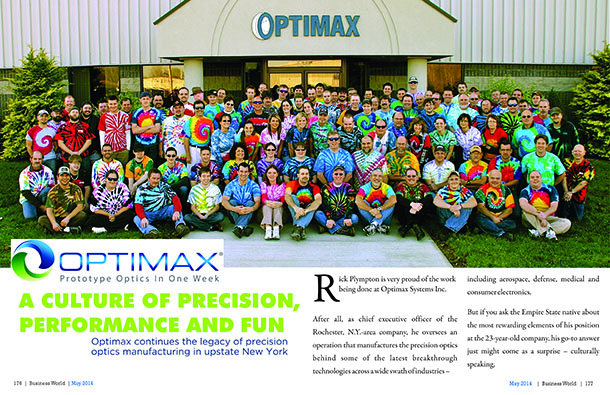
Nabila Ahmed
WOOLWORTHS boss Michael Luscombe says it could take another six months for consumer spending to return to normal, after being forced to deliver the supermarket giants first profit downgrade in almost two decades.
Mr Luscombe slashed Woolworths’ profit forecast by as much as 55 per cent, with a combination of depressed consumer confidence levels, the threat of interest rate rises, uncertainty over inflation, the strong Australian dollar and patchy global economic conditions expected to hurt trading conditions.
Mr Luscombe handed down Woolies’ first profit downgrade since its 1992 re-listing while announcing half-yearly sales figures yesterday, with the company now expecting earnings growth of between 5 per cent and 8 per cent, compared with a previous forecast of an 8-11 per cent rise in profit.
“My sense is that the new level of savings that we are seeing from households will probably continue for some time yet,” Mr Luscombe warned.
“They are saving because they are seeing uncertainty, they are saving because they are seeing their electricity bills go up, it costs them more to put petrol in their car, school fees — particularly for private schools — have gone up, interest rates are going up.”
He said he expected consumers to be plagued by uncertainty “for most of this year”.
“We are being responsible and letting people know (the previous guidance of) 8-11 per cent (profit growth) — top end of that is going to be a stretch,” Mr Luscombe said.
“We wanted to do that and not have the market thinking all is rosy in the world because it’s not.”
He stressed the forecast was conservative and did not take into account a number of factors, including the potential for inflation in the second half.
Woolworths shares suffered their biggest fall in 18 months on the news, closing 2.6 per cent lower at $26.76, compared with a 0.6 per cent rise in the broader benchmark index.
Investors are worried the company, which had previously cut costs to deliver margin growth in the midst of low inflation and increasing competition, is coming under intense pressure from its resurgent rival Coles.
However, Mr Luscombe rejected suggestions the company needed to rethink its strategy, saying its Australian food, liquor and petrol businesses, which generate about three quarters of the group’s revenues, were performing strongly and had continued to win customers.
Nomura retail analyst David Cooke said that while Woolworths group sales were in line with his expectations, Australian food and liquor was weaker than expected, “reflecting a higher than expected level of price promotion”.
“Discretionary remains tough, a situation that is likely to continue for at least the next two quarters,” Mr Cooke said. “It’s indicative of consumers continuing to seek value and suggests that pricing pressure will continue, which will impact overall consumer discretionary spending.”
The discretionary part of the Woolworths business — discount department store chain Big W and its consumer electronics division, which includes Dick Smith outlets — came under pressure from heavy discounting and deflation.
Sales at Big W fell 2.9 per cent in the quarter, with sales at stores open at least a year falling 4.5 per cent. Mr Luscombe said Big W attracted more customers and sold more products but unit sales growth was more than offset by price deflation — including in home entertainment and apparel — of between 6 per cent and 10 per cent during the half.
Group sales in the six months ended January 2 rose 4 per cent to $28.3 billion. In the second quarter, food and liquor sales in Australia rose 3.7 per cent to $9.5bn, with revenue from stores open at least a year increasing 2.5 per cent.
Analysts are tipping Coles to post a much better result.
Woolworths consumer electronics sales in Australia rose 3.4 per cent in the quarter, while New Zealand sales fell 5.9 per cent because of price deflation in major categories.
Ausbil Dexia director of equities John Grace said he expected conditions would remain tough for retailers for the rest of the 2011 financial year.
“There’s some expectation that supermarkets would get a sales benefit from food inflation later this year and that may be right,” Mr Grace said.
“But I also think discretionary sales, which have been patchy in their recovery thus far, may also have a little bit of concern with the likelihood of higher interest rates later in the year.”
Source: www.theaustralian.com.au







